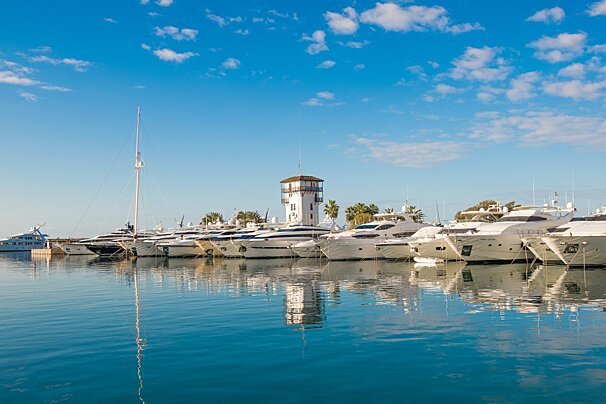
© seemallorca.com
Personal Taxes in Mallorca 2012
An overview of the taxes you may have to pay should you wish to move to Mallorca
If you are considering a move to Mallorca and becoming a resident here, then you may be liable to a number of personal taxes:
Buying & Selling Property
If you’re thinking of investing in Mallorcan real estate then the last few months of 2012 are the ideal time to strike as the associated taxes for 2012 have been lowered. Earlier this year the VAT on new builds in urban areas was reduced from 8% to 4% and only half the amount of capital gain would be subject to Capital Gains Tax at 21%. These tax benefits are in place until 31st December 2012 with VAT going up to 10% on the 1st January 2013 and Capital Gains Tax returning to 21%. These reductions were all an effort to get the property market moving again and both residents and non-residents of Spain are eligible for these discounted rates.
With regards to acquiring a plot of land, since the 1st September 2012 the rate of VAT payable is now 21% rather than the previous 18%. Tax on second-hand houses has increased from a rate of 8% to 10% as of the 1st September 2012 and does not benefit from the 50% reduction in Capital Gains Tax.
Income Tax
Income tax in Spain is also rising this year. The increase in tax has been scaled so that for incomes below €17,000 there is an extra 0.75% tax (total of 24.75%) and for incomes of over €300,000 an extra 7% tax is being charged. Income tax bands are as follows:
Income Range Taxbelow €17,007 24.75% €17,007-€33,007 30% €33,007-€53,407 40% €53,407-€120,000 47% €120,000-€175,000 49% €175,000-€300,000 51% over €300,000 52%
When these higher rates of tax were announced, they were originally only intended to cover the tax years 2012 and 2013. However at that time, Spanish deficit was to be reduced down to 3% in 2013. The EU has now eased the deficit targets and so the deficit is to be reduced to 3% by 2014, one year late. It is therefore highly likely that these tax rates will continue into 2014.
Investment Income Tax
Investment income tax in Spain has also been altered. The tax on savings income such as capital gains, bank interest and dividends has increased to 21% for income up to €6000 and to 27% on excess of €24000.
Wealth Tax
Wealth Tax (impuesto sobre el patrimonio) in Spain has been reintroduced after being suspended in 2008. This tax is based on net assets held at the end of the Spanish tax year, 31st December. The rates of wealth tax will range between 0.2% - 2.5% on assets over the ‘allowance’ of €700,000 for non-residents (of wealth held in Spain) and €1,000,000 for Spanish residents (although there is an additional allowance of €300,000 against the value of your main home). Non-residents will need a representative in Spain in order to fulfil any filing requirements requested by the Spanish Tax Authorities.
VAT
VAT is known as IVA in Spain and has changed as of the 1st September 2012. IVA set at 4% has been kept at this rate and applies to basic and essential products such as bread, eggs, milk, fruit and vegetables. It also includes books, magazines and newspapers. IVA that was previously 8% has now increased to 10%, it applies to foodstuffs such as meat and softdrinks. It also applies to dental work and sport & recreation facilities. The highest VAT rate has now risen 3% to 21% and is for products such as alcohol, tobacco, televisions, other electrical items, hairdressing and cinema tickets.
Tax Fraud & Evasion
The Spanish government are also cracking down on tax fraud and evasion. This has involved many expatriates who are now resident in Spain being fined for not declaring offshore deposit accounts. After the Voluntary Disclosure Procedure (tax amnesty) is closed on the 30th November 2012, all Spanish residents will be required to report all assets and bank accounts held abroad or a fine of €5000 will be incurred for each account or asset not declared.


























